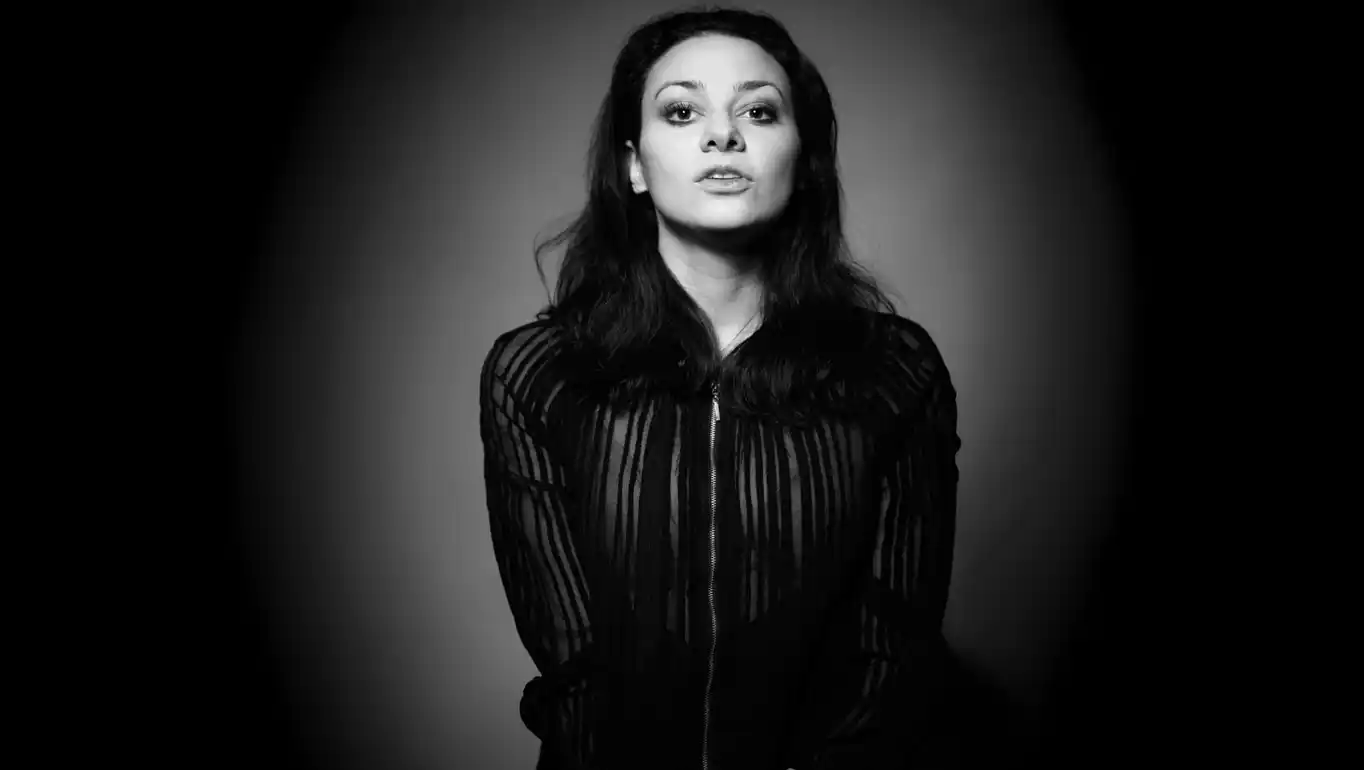Before fame entered my life, I walked the runways of New York as a teenage model. And before that, I was a child navigating the isolating sting of bullying—a crucible that convinced me my differences were flaws. Traits I’d later cherish, like creativity, neurodivergence, and even my height, were once sources of shame, overshadowed by disapproval.
That perspective first shifted when I stepped into modeling and heard my appearance praised rather than ridiculed. Soon after, a chance to work with a music group propelled my debut single to success, upending my world. The transition was jarring: one moment I was dodging taunts; the next, I was fielding award-show invitations and posing for photos with strangers. My creativity and neurodivergence, once targets of childhood criticism, fueled that first hit. I hadn’t imagined qualities I’d resented could become assets, let alone drivers of commercial triumph.
I once thought my journey of self-doubt and isolation was mine alone. Bullying, by its nature, isolates, but the absence of relatable role models in pop music deepened that solitude. When my 2013 YouTube single went viral, reaching millions as a high school senior, I saw a chance to become the advocate I’d longed for—a voice celebrating differences rather than concealing them. The spotlight felt like a rare gift, one I couldn’t squander.
I resolved to use it to promote emotional resilience, combat bullying, and champion mental health—challenges that echo across cultures.
Colleagues met my ambitions with skepticism. Untested ideas breed uncertainty, and few could predict the resonance of mental health advocacy in pop culture. Undeterred, I released “The Game,” an anti-bullying anthem, with a lean team willing to take the risk. To the surprise of many, myself included, I was met with hundreds of thousands of messages, comments, and letters given at meet-and-greets that spoke volumes. This outpouring redirected my path. I worked with stars from Degrassi and Teen Beach Movie, partnered with the National Alliance on Mental Illness, addressed the United Nations multiple times, embarked on world tours, and shaped mental health campaigns with record labels, school districts, and Fortune 500 companies.
This momentum illuminated the media’s power to uplift young people facing adversity—a potential I discussed in Forbes, on panels for Hollywood & Mind with other artists like Demi Lovato, and at Google with Digital4Good and Cooley Law, advocating for policy in the digital space.
On a personal level, my view of ‘differences’ evolved. Engaging with industry peers, diplomats, and other high-achieving professionals across cultures revealed a pattern: traits that fuel extraordinary careers—creativity, intellect, neurodivergence—often invite childhood marginalization. Systemic gaps, like curricula overlooking neurodivergent strengths, exacerbate this. Yet, these qualities can later define success. Some of the most prominent artists from South Korea, India, Brazil, Romania, Lebanon, and elsewhere joined my song and campaign “You Are Not Alone” to demonstrate the important role that their differences played in their success.
This insight sparked my pursuit of psychology and the creation of a mental health center. A pivotal moment came when Former Senior Vice President of Commercial Branding at Columbia Records/Sony Music, proposed a partnership. Together, we launched the You Are Not Alone program with the New York City Department of Education, including District 75, offering students access to mental health services as well as mentorship from senior executives at Columbia Records and other industry leaders—individuals whose own journeys demonstrate how distinctive qualities can lead to remarkable achievement. Through this initiative, we seek to recast perceived ‘differences’ as foundations for professional success, connecting untapped potential to mentorship and tangible resources—a vision that reflects the United Nations’ enduring commitment to inclusion and empowerment.
For the UN community, this journey highlights a universal principle: qualities that distinguish us, when nurtured, can reshape culture, influence policy, and forge partnerships that uplift the marginalized. From New York to global stages, advocacy rooted in lived experience can align with international efforts to foster resilient, equitable societies.



